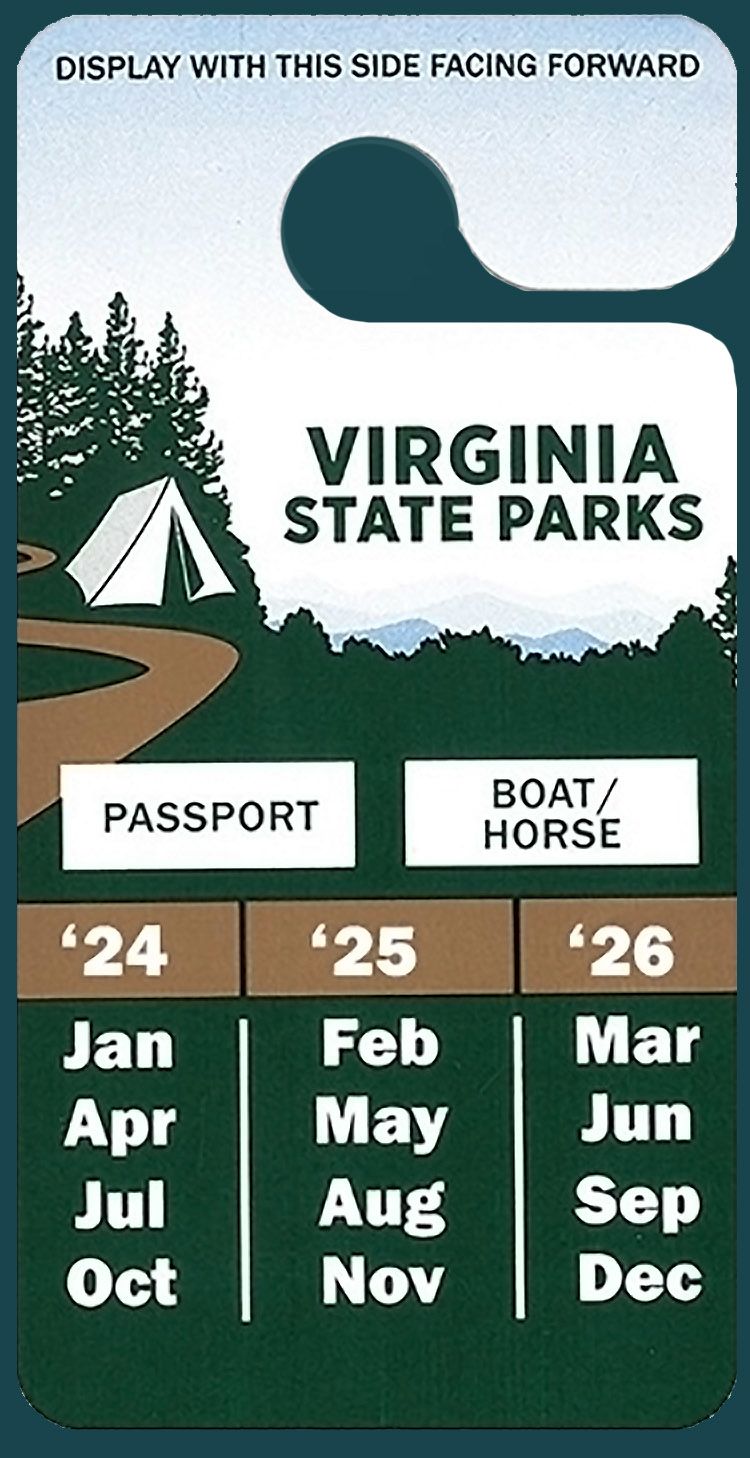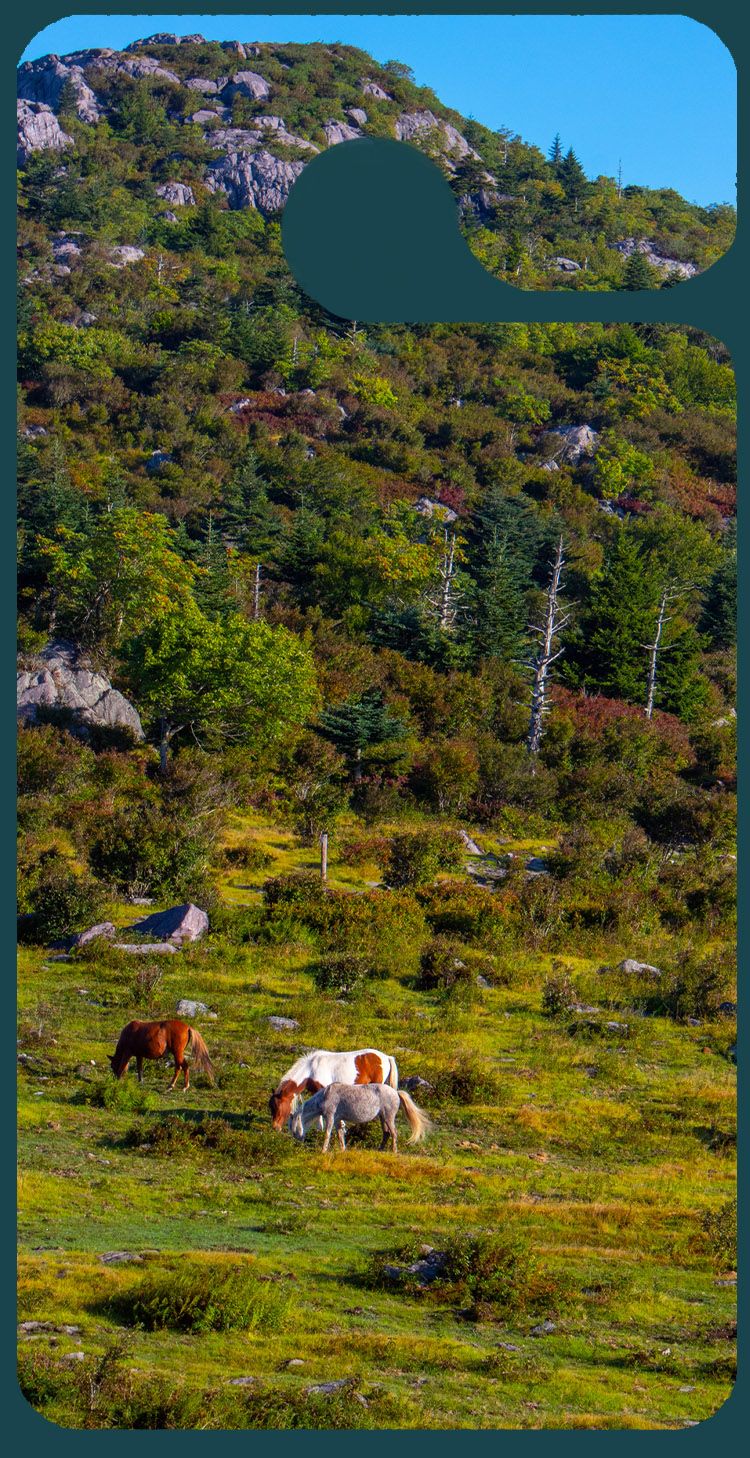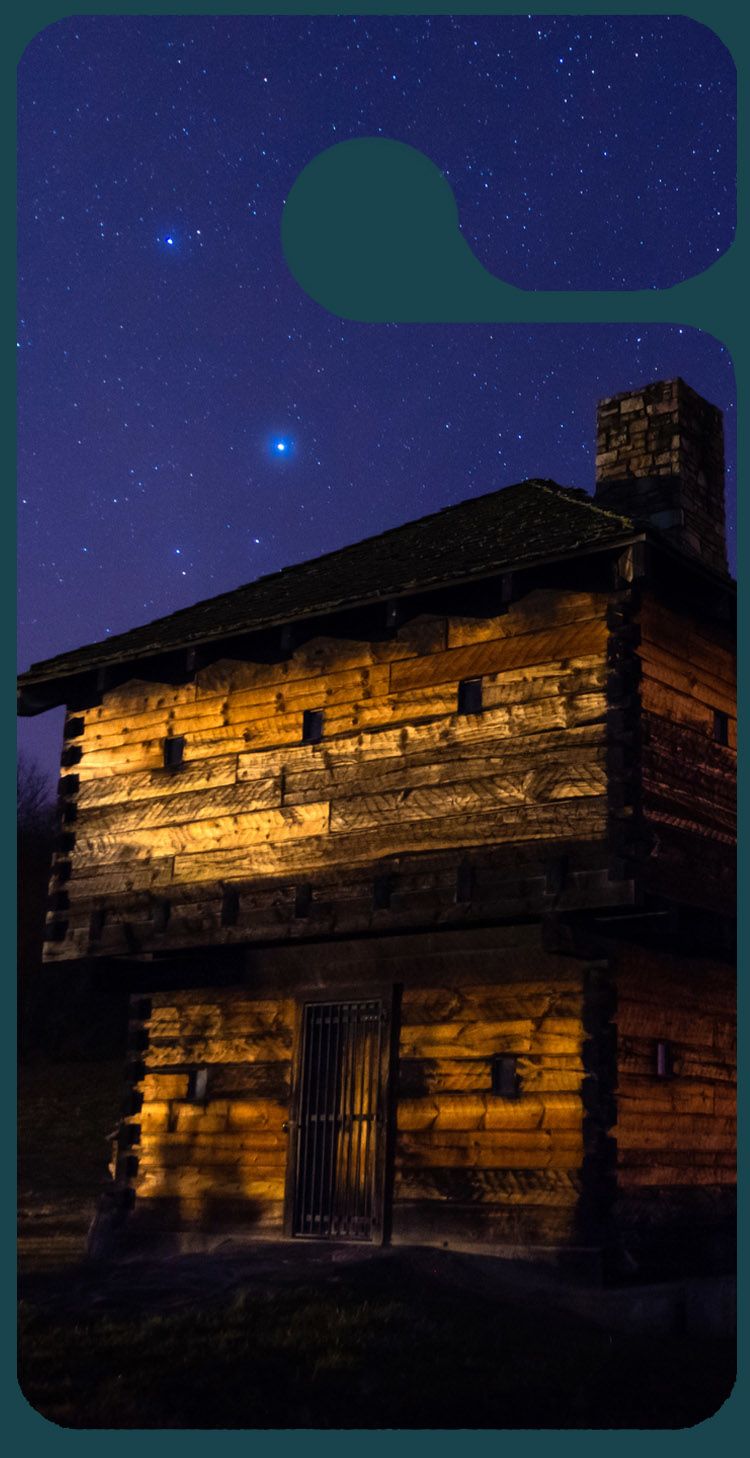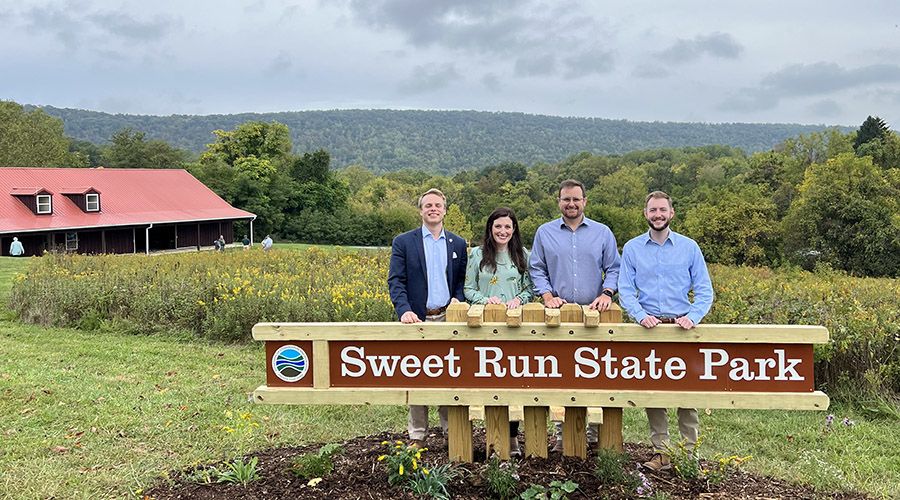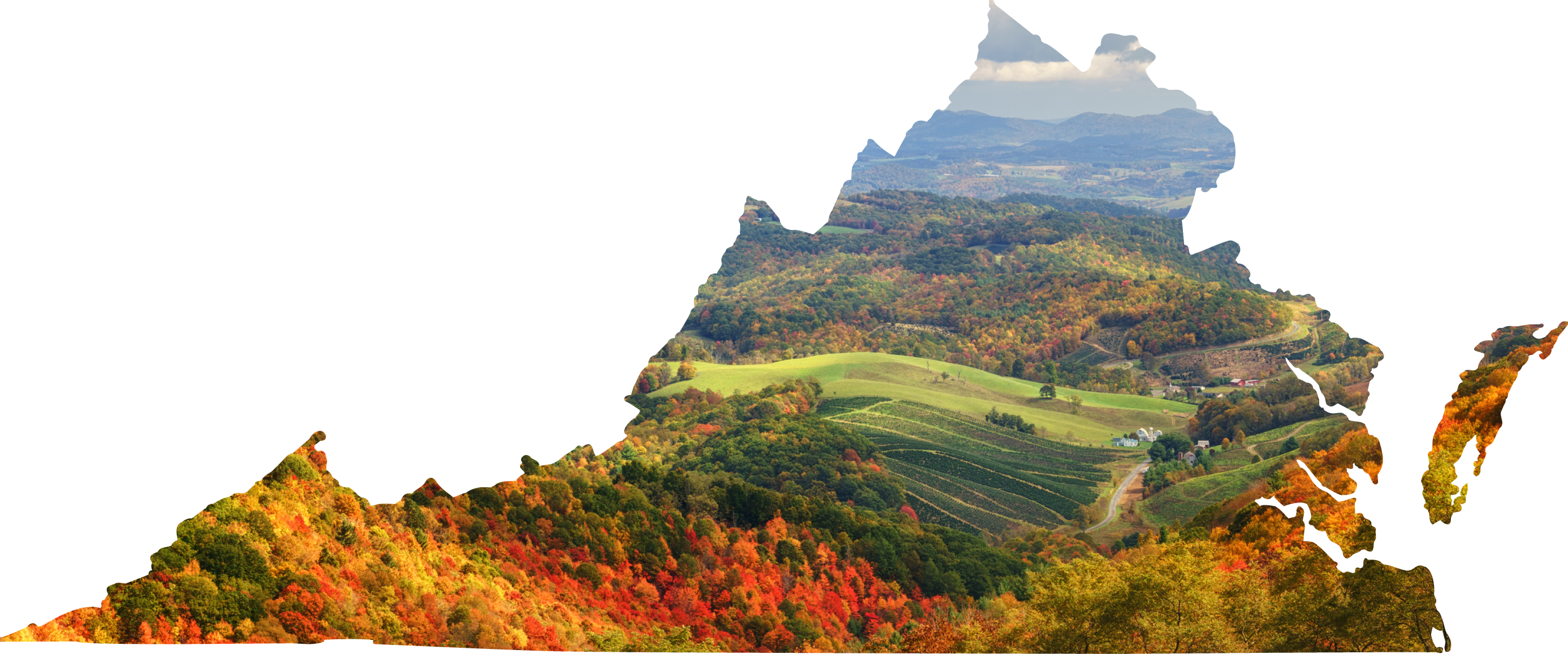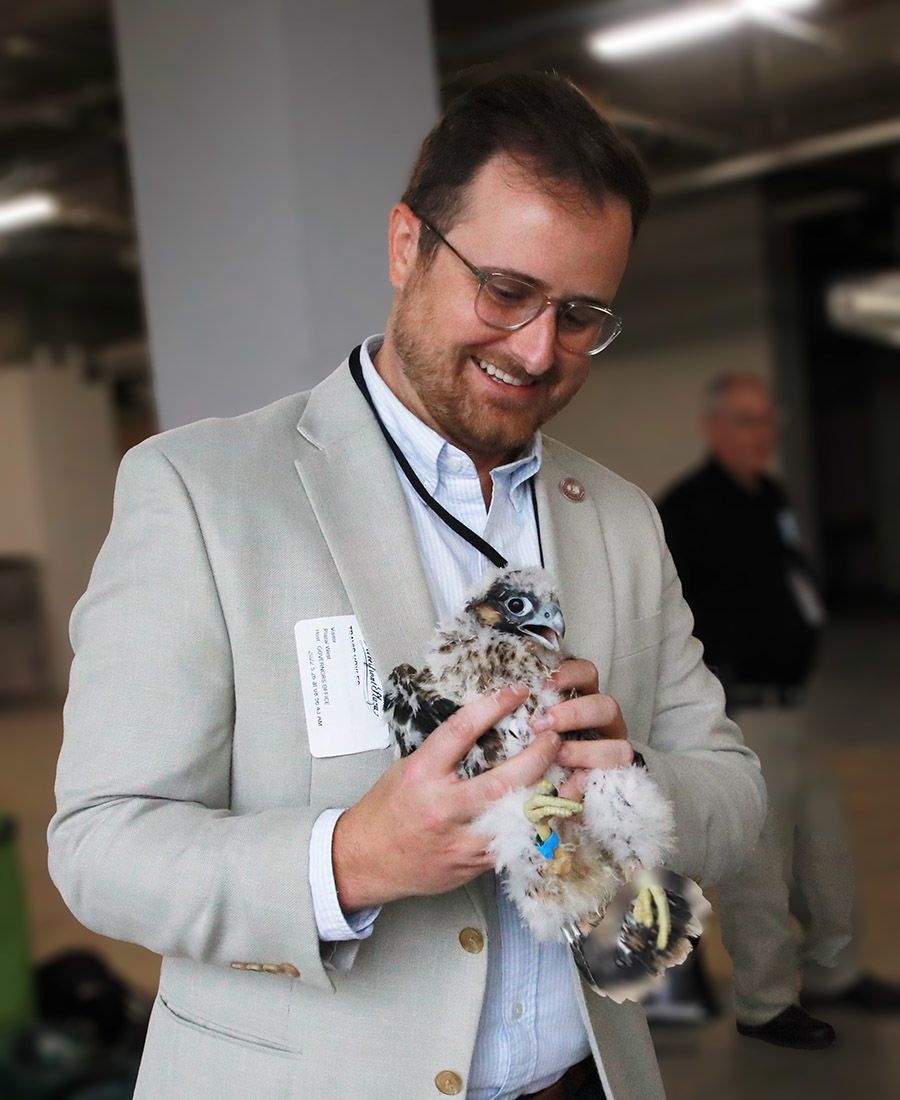Environment of Trust
Virginia’s secretary of natural and historic resources stewards land in the commonwealth
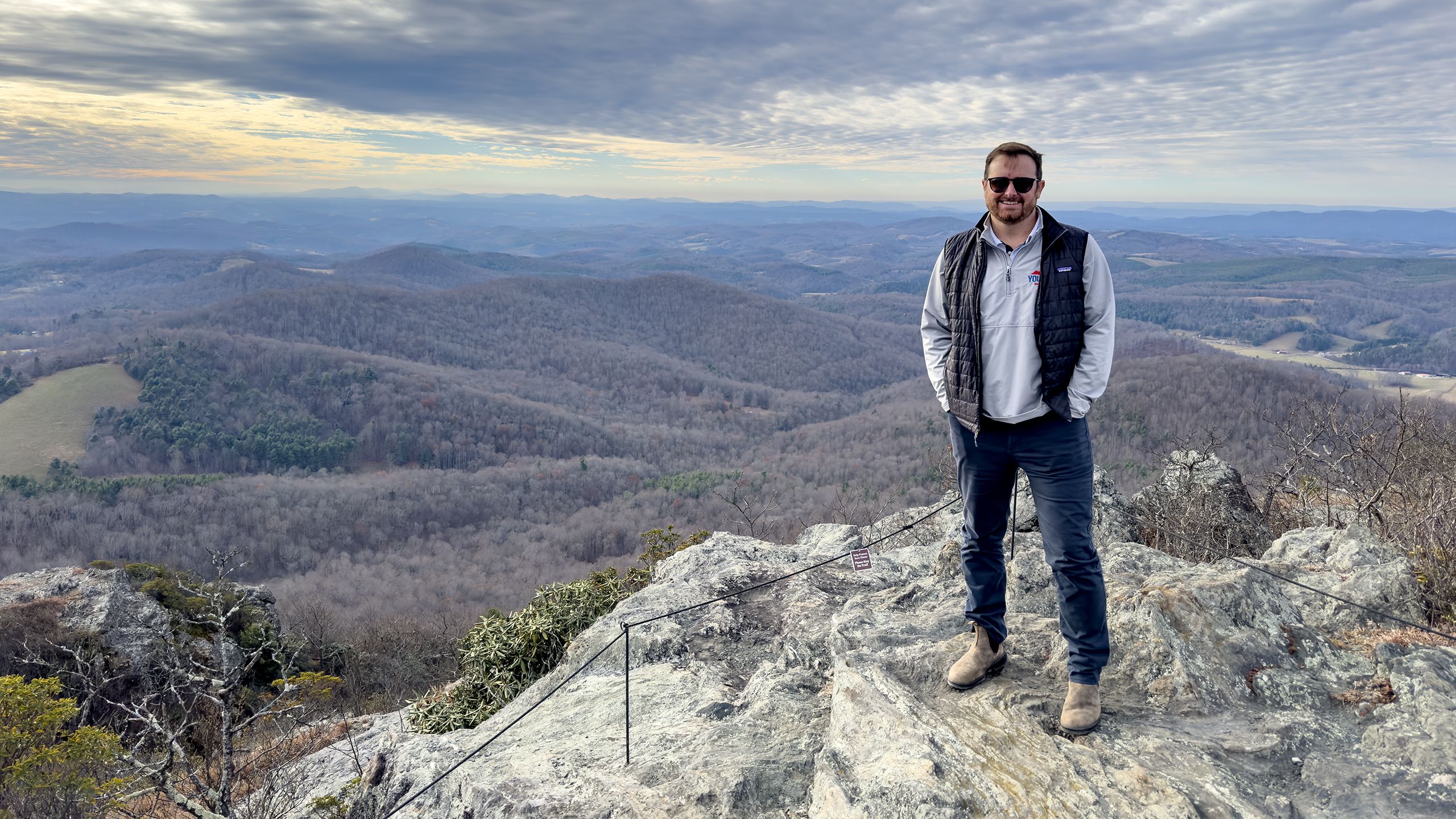
A Virginia State Park pass
A Virginia State Park pass
Wild ponies at Grayson Highlands State Park in Wilson, Virginia.
Wild ponies at Grayson Highlands State Park in Wilson, Virginia.
Tourists enjoy the beach at First Landing State Park in Virginia Beach, Virginia.
Tourists enjoy the beach at First Landing State Park in Virginia Beach, Virginia.
Night sky over the Block House at Natural Tunnel State Park in southwest Virginia.
Night sky over the Block House at Natural Tunnel State Park in southwest Virginia.
Travis Voyles has worn many hats: park tour guide, law clerk, legislative fellow, and now, secretary of natural and historic resources for the commonwealth of Virginia. He credits his rural upbringing and his experiences at the University of Georgia’s College of Agricultural and Environmental Sciences for his success.
“A lot of people don’t have the opportunity to be exposed to the agricultural community,” said Voyles, who earned a bachelor’s degree in environmental economics and management from the Department of Agricultural and Applied Economics in 2011.
Voyles shared his love of the outdoors and the agricultural world with his track and cross-country teammates at UGA. He ran all four years of his CAES career and often invited his teammates to visit and stay at his family’s farm, located an hour south of Athens in Jasper County, Georgia.
“My family was an adoptive family for my teammates,” said Voyles. “Many of them experienced hunting, fishing and farming for the first time ever with my family.”
After graduating, Voyles moved to Atlanta and pursued graduate studies at Georgia Tech. He earned his master’s degree in city and regional planning, with an eye toward law school.
“One of my UGA advisors told me to take some time to decide if the legal route was what I wanted to do,” Voyles said.
On a hiatus from academics, Voyles took a job at the Greyfield Inn on Cumberland Island, Georgia, as a naturalist and land use manager. He gave tours, hosted sunrise outings and helped National Park Service staff maintain the island’s rich ecosystem.
After a year, Voyles was sure that law school was the right path. With a desire to stay in the Southeast, he chose Florida State University for its top-performing environmental, energy and land-use law programs. While there, he served as editor-in-chief for the Journal of Land Use and Environmental Law and clerked for the Atlanta BeltLine, the Environmental Protection Agency (EPA), a large law firm and on the largest policy committee for the Florida House of Representatives.
After law school, Voyles earned a position working on the Committee on Science, Space and Technology for the U.S. House of Representatives and moved to Washington, D.C. In 2018, he moved over to the executive branch and used his extensive congressional oversight experience at the EPA, the federal branch dedicated to protecting human health and the environment.
“I got to work with the heads of all of the major program offices — air, water, enforcement, emergency response, research and development — and loved it,” said Voyles. “I saw myself having to act as a bridge between the agency, other parts of the government and the public, working closely with EPA senior leadership and providing guidance on issues and investigations that needed to be addressed. I was a few inches deep and 10 miles wide.”
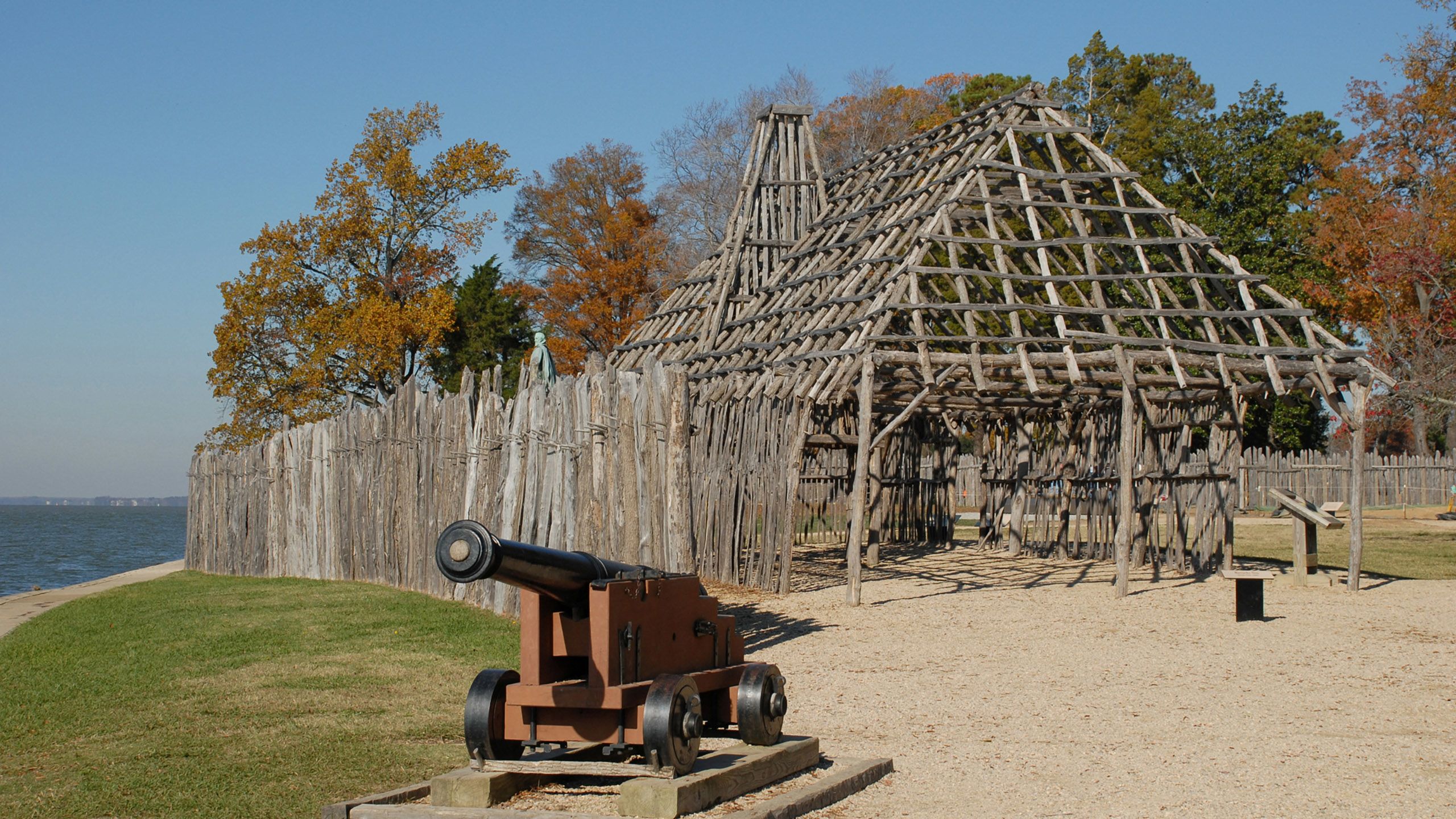
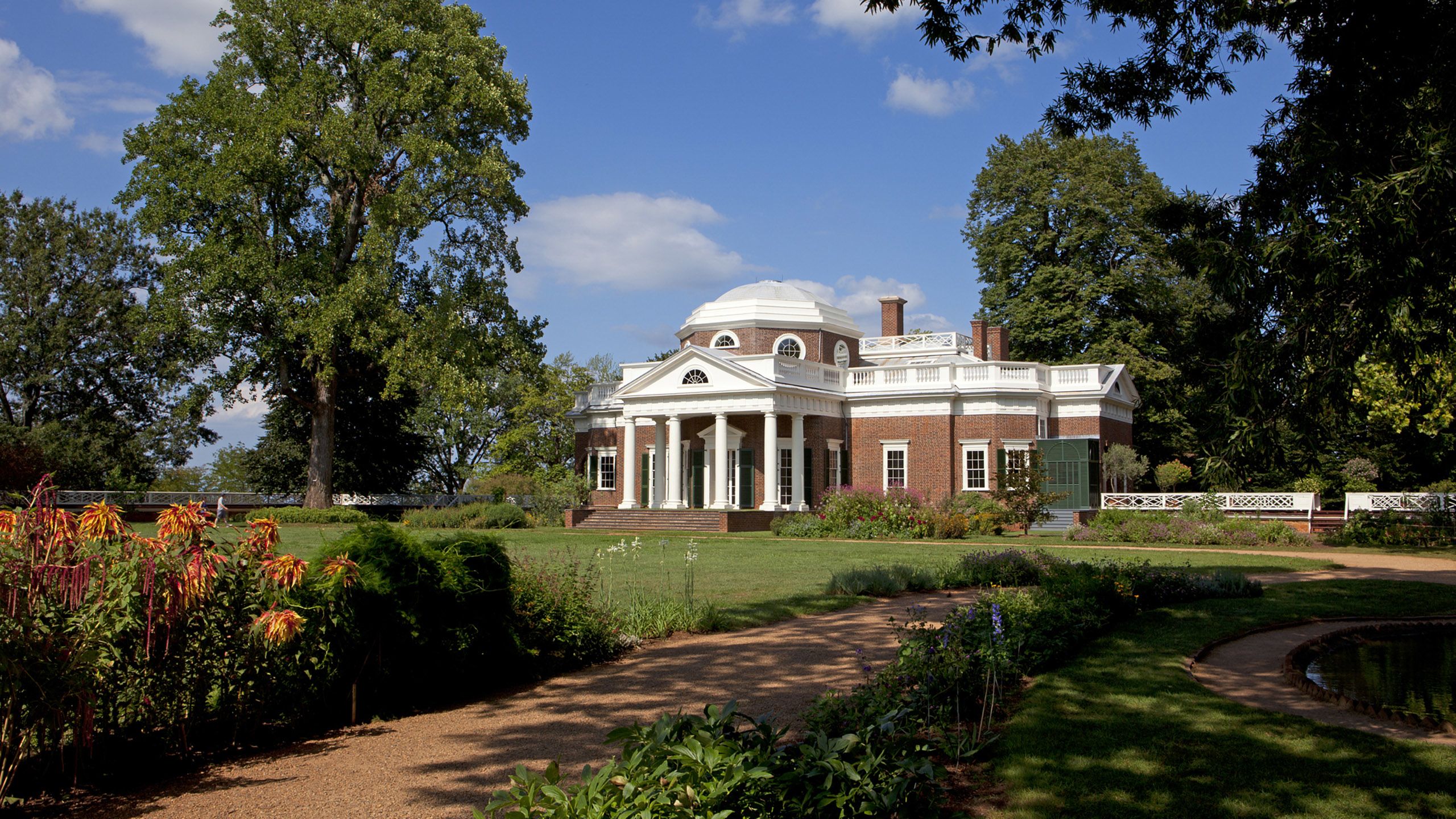
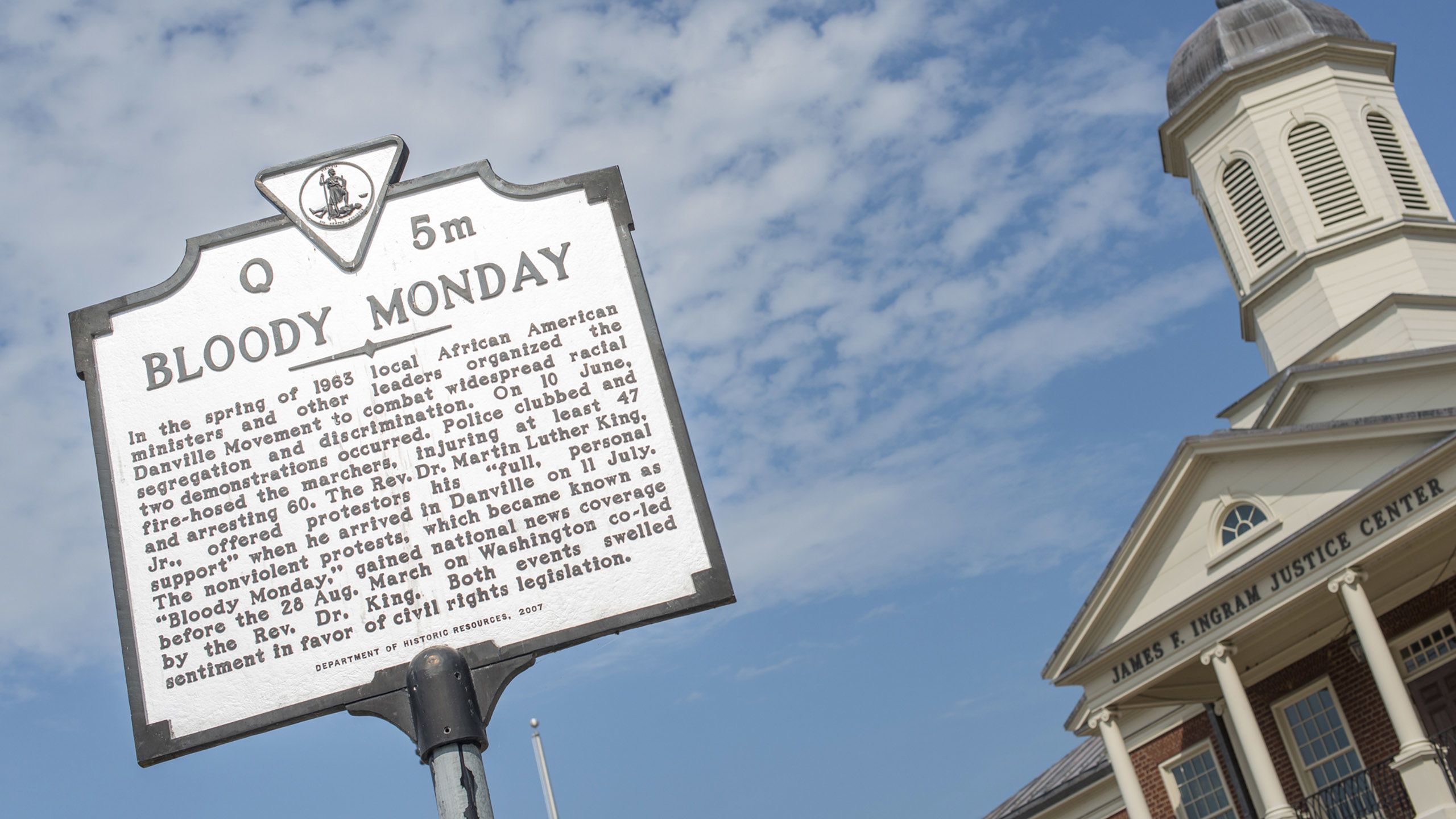
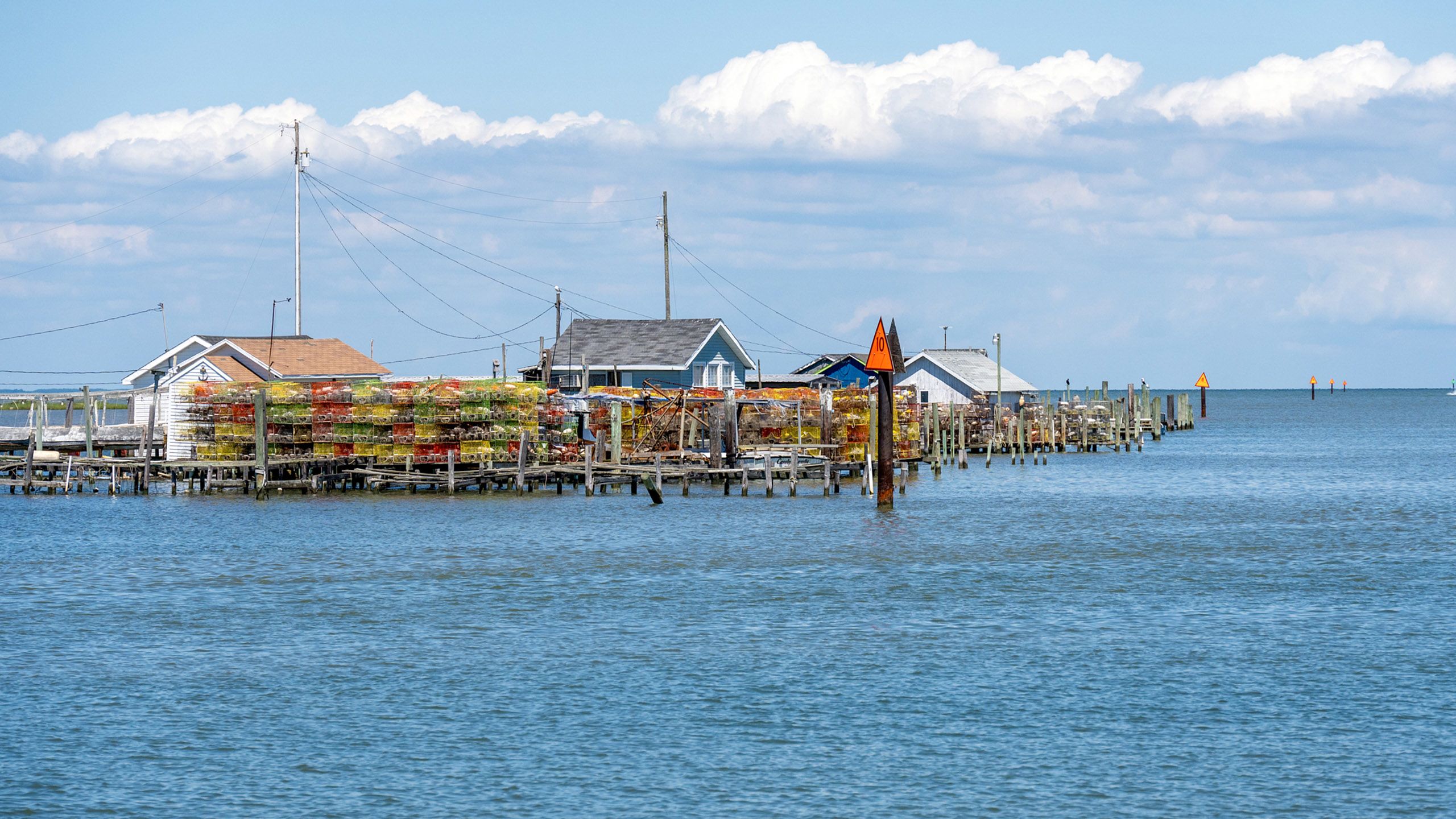
In addition to water quality and agricultural support, the state agencies under the Secretary of Natural and Historic Resources are also tasked with the management of 42 state parks, more than 1,000 miles of trails, more than 40 wildlife management areas comprising more than 203,000 acres, and 66 natural area preserves totaling 61,153 acres that protect some of the most significant natural areas in the Commonwealth.
Voyles holds a peregrine falcon chick at a managed nesting site atop a building tower in Richmond, Virginia. The site is managed by the Department of Wildlife Resources and ensures research and education opportunities for the public. Peregrine falcons are threatened and are currently considered a Tier I Species of Greatest Conservation Need in Virginia. Once the falcon chicks are 25-30 days old, agency biologists bring them temporarily inside where they will be weighed, measured and fitted with two aluminum bands.
Voyles holds a peregrine falcon chick at a managed nesting site atop a building tower in Richmond, Virginia. The site is managed by the Department of Wildlife Resources and ensures research and education opportunities for the public. Peregrine falcons are threatened and are currently considered a Tier I Species of Greatest Conservation Need in Virginia. Once the falcon chicks are 25-30 days old, agency biologists bring them temporarily inside where they will be weighed, measured and fitted with two aluminum bands.
Voyles left the EPA in 2021 and went to work as oversight counsel for the U.S. Senate Committee on Environment and Public Works for West Virginia Sen. Shelley Moore Capito.
“I wasn’t anticipating leaving anytime soon,” said Voyles. “But in January 2022, I got a call asking if I would be interested in moving to Richmond, Virginia, and working for Governor (Glenn) Youngkin.”
The next month, Voyles agreed to become Virginia’s deputy acting secretary of natural and historic resources. In March 2022, he was named acting secretary, and after a year he was named full secretary.
Regularly interacting with the governor’s office and the five state agencies who report to him, Voyles connects directly with Virginia’s agricultural community.
He is on the road two to three days a week, connecting with Virginia’s stakeholders, from fishermen to farmers, and environmental groups such as the Chesapeake Bay Foundation and the James River Association.
“We want to see what a Virginia farmer with access to state support looks like and discuss their daily challenges,” said Voyles, an incoming member of the CAES Alumni Board of Directors. “We bring our observations back to Richmond, including what worked out in the field and what we need to adjust.”
His most important role is earning the public’s trust.
“What we discovered is that there has been a lack of trust in the state government by many in the agriculture community, so a lot of that is rebuilding trust,” said Voyles. “We’ve engaged with farmers, getting them out to Chesapeake Bay, and coastal workers getting out to farms to see how they work together. For them, implementing best practices can be a complete change from how they grew up farming, but getting them to understand that their actions greatly impact our resources.”
He knows progress depends on the success of the community he serves. “No matter what state you’re in, the agricultural community needs to be strong and resilient, and we should see ourselves as partners in conserving our natural resources.”

